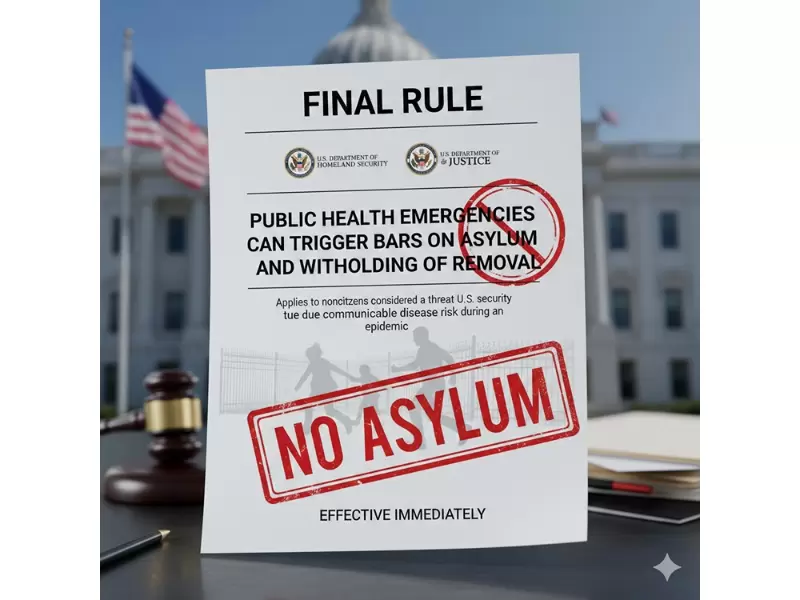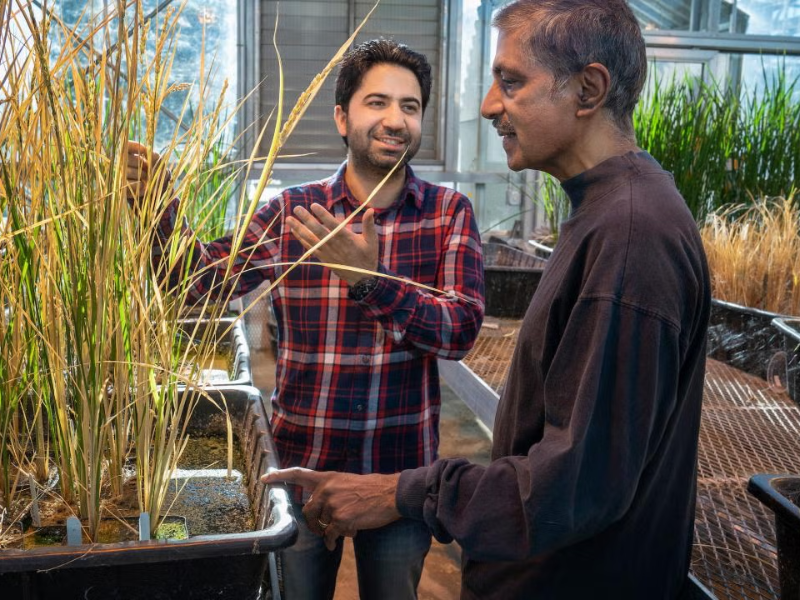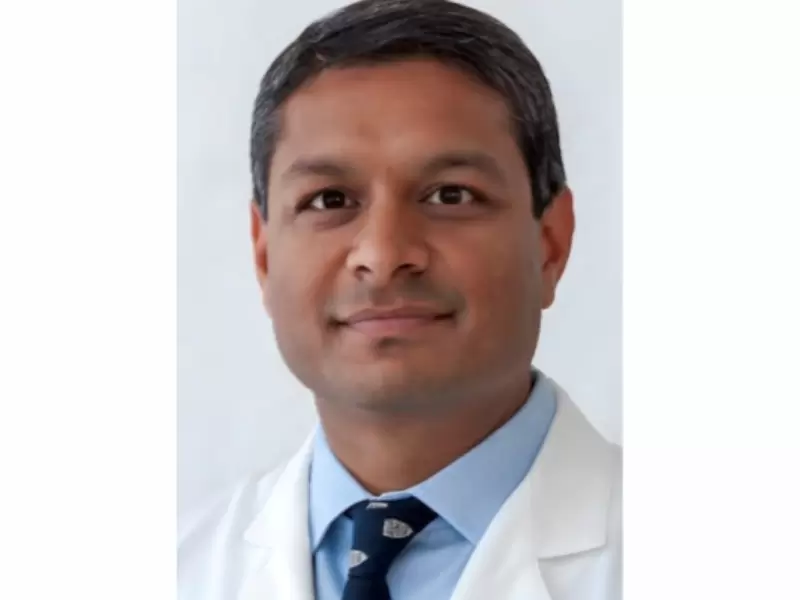ADVERTISEMENT
POP
See MoreCommunity
See MoreBay Area devotees mark Ayodhya's Ram Mandir milestone
The Ram Mandir in Ayodhya stands at the site revered as the birthplace of Lord Ram.
-
BAPS donated 2000 pounds of food to The Downtown Mission of Windsor, an organization focusing on the homeless community.
-
The event is held once every five years, as a forum for senior functionaries and volunteers associated with Hindu organizations...
-
Interfaith advocates condemn treatment of Muslim women after Bihar chief minister’s actions at government event.
ADVERTISEMENT
Videos
View AllOpinion
See MorePeople
See MoreIndian-origin scientists awarded for self-cloning crops
The award recognizes research that enables hybrid crops to retain high yields across generations.
-
Vergadia shared her journey from failing IIT twice to landing jobs in big tech like Google and Microsoft, writing books,...
-
Ullal currently ranks 714th in the global list of billionaires with an estimated net-worth of $5.7 billion.
-
The two Indian Americans will serve on the New York City board that sets annual rent increases for rent-stabilized apartments.
ADVERTISEMENT
Entertainment
See More
Saira took to Instagram, where she shared a string of pictures and a video from her beautiful balcony.
-
Vels Film International, the production house that is producing the film, shared a BTS video that featured clips of all...
-
The images showed the actor immersed in Flow by Mihaly Csikszentmihalyi, whose work on flow has shaped thinking across art,...
-
Backed by Bhushan Kumar, Krishan Kumar, J.P. Dutta, and Nidhi...
-
Before saying goodbye to 2025, Shilpa expressed her gratitude for...
-
ADVERTISEMENT
Immigration
See More
On Dec. 2, USCIS paused all pending asylum applications for review, citing national security priorities.
-
At the same time, a majority of Americans continue to say that at least some immigrants who are in the...
-
The embassy directed applicants to credible resources while warning against fake documents and unnecessary agent involvement.
-
There is an urgent need for a fresh look at...
-
Court records state that Naveen, a citizen of India, entered...
Food
See More-
Instagram content creator Anushk Sharma shared a heartfelt review of the Michelin starred Indian restaurant in Chicago.
-
The menu draws from Lucknow’s narrow lanes, Delhi’s Mughal-era durbars, Hyderabad’s Nizami kitchens and the coastal food cultures of Tamil...
-
ADF Foods is a fourth-generation family-owned leader in gourmet frozen
-
Chef came to Dallas on a very short visit over...
-
The fast-casual Indian chain expands with a growing U.S. footprint...
-
The rebranded restaurant features team-themed visuals and a stadium-style atmosphere...
-
Attendees will receive a tour of the kitchen, observe operational...
-
Onset of illness occurred between Nov. 28 and 29, with...
SPORTS NEWS
See MoreIn 2026, the shortest format will be in focus big...
ਮੰਧਾਨਾ ਹੁਣ ਮਿਤਾਲੀ ਰਾਜ, ਸੂਜ਼ੀ ਬੇਟਸ ਅਤੇ ਸ਼ਾਰਲਟ ਐਡਵਰਡਸ ਤੋਂ...
This marked to be Jerrssis Wadia’s second BBL game, and...
India raced to 61/0 at the end of the powerplay,...
News
See More-
ADVERTISEMENT
Please enter something
- Asian Americans
- Biz
- Books
- Canada
- Community
- Culture
- Dating
- Diplomacy
- Diwali
- Editor picks
- Editorial
- Explainers
- Fashion
- Features
- Food
- Immigration
- India
- India Decides '24
- India Independence Day
- Letters to the Editor
- Life
- Maha Kumbh
- Movies+
- News
- Opinion
- People
- Ram Mandir
- Reviews
- Sports
- Spotlight
- Tech
- Travel n’ Diplomacy
- Trump 2.0
- UK Votes 2024
- US Elections 2024
- USA
- West Coast




























